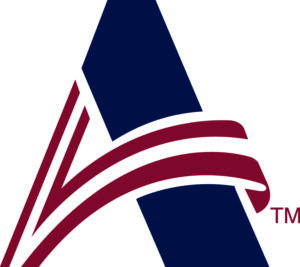Teaching a teen or young adult to be financially responsible is an important part of college.
Consider these financial tips to help students become financially responsible adults.
Create a Budget
College might be the first time your child is responsible for managing his or her own expenses, or the first time on a larger scale. Sit down with your student and help them develop a budget that estimates potential expenses for the year.
Set a Reasonable Allowance
Develop a specific strategy for how much money you will provide and how often. Teach your child how to live within a budget. Setting a monthly or once every two week payment will allow the student to get used to how they will likely get paid at a job after college.
Set Expectations
Discuss your money boundaries. Write down what you will pay for and what your child will pay for when they are at college. Be clear about your expectations. This is a learning process, so your child may make a few mistakes. However, money mistakes can have consequences, so it may be a good lesson for students to go a few days without spending money before their next “payday.”
Track Spending
Creating a budget can be very different from sticking to one. Children do not always realize how much little purchases can add up. Have your student track their purchases, so they can get a feel for the outflow of money.
It is important to keep an eye on your child’s finances. A checking account with online and mobile access will allow you to check your child’s balance and see what purchases have been made, as well as deposit checks remotely.
Another option is a prepaid debit card. Your student can spend only the amount that is loaded onto the card.
Working While in College
Is your child going to work while they are at school? During school breaks? Over the summer? What do you expect, and what expenses are they expected to cover with the money they earn? If possible, it might be easiest for your student to spend the first semester concentrating solely on school and then determine whether your child can handle a part-time job along with their course load. If a job is added to the mix, encourage your child to look for something manageable. Working too many hours can cause school performance to suffer.
Enroll in a Personal Finance Class
If your child’s school offers a personal finance course, encourage your child to enroll. Understanding the basics of finance, such as interest rates on credit cards and loans and fees on checking and other deposit accounts, will help the child function as an adult.
Help your Student Understand Credit
Help your child ease into the credit card world by giving them a debit card and teaching them how to use it. Consider having them opt out of overdraft protection so they cannot use the card if there is no money in the account. However, exceeding an account balance can result in fees. A debit card should be presented as a convenient way to access available funds in an account and should be used in accordance with a spending budget.
After a few years, the student may be ready to graduate to a college rewards credit card. Use of a credit card can be tracked and overseen, and spending limits can be placed on cards. You may have to co-sign for a card, depending on your child’s age. Having a credit card can be a good step when it comes to a student learning how to be responsible for debt and establishing a credit history. It also teaches that carrying a balance forward beyond the balance due date is a bad idea because of the interest the student will pay. Do not give a student a credit card without very specific guidelines.
Prepare your child now for money independence. It is an important, life-long lesson. It is never too late to help your student become financially fit.


